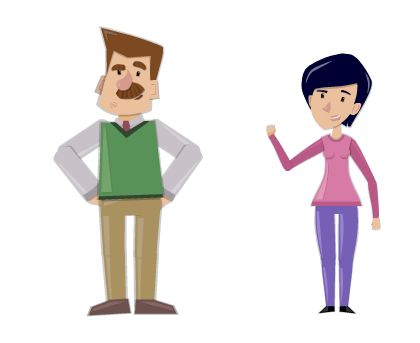

Motivation for the project is the book "If World were a Village of 100 people", by David Smith
presented also in this video.
Updated video is here.
Each partner represent our own country, or county or town in a similar way. "If my country was a class of thirty students..."
Using the proportions in the world we could explore how many of the class would be hungry, what languages would be spoken in the class, how many would be in poverty, how many would be able to read, be able to have clean water and how many would be rich.
We choose the groupings. We will examine statistics for a different data set. Once we have the statistic for each country our students work on the best method to present them.
The project would be accompanied by creating a Maths trail in our villages /cities/schools and we would also create a portfolio of Maths photos.
Aims:
- Partners will work with children of different countries
- Develop a project web site
- Create learning pathways between children of different ages
Develop:
- A bank of mathematical tools
- Open website for other European schools
- Enrichment activities highlighting the Mathematics in daily life
- Develop and consolidate students mathematical knowledge and skills to include areas of study which extend beyond the confines of our national curricula.
Details:
- To develop a resource bank of mathematically based methodological materials for use by teachers and students in a cross-curricular context
- Each partner will develop at least one interactive game
- To compare and contrast teaching and learning processes in each of the partner countries, and to use this as a means of sharing good practices which in turn will result in an improvement in the teaching of mathematics in each of the partner schools.
- To develop a joint project web site which will display the results of all the activities.
- The project is expected to enhance students’ and teachers’ foreign language skills and their expertise in modern technologies.
- To promote a sense of our national culture, heritage, history, mathematical history, and in that way to highlight a sense of national identity and that of our partners
- The project’s aims to improve the teaching and learning of maths and develop strategies to enhance students’ motivation in Mathematics and to encourage students to see the opportunities a single employment market can offer them. To improve the language skills of Mathematics teachers
- To extend the teaching of mathematics to an environment outside the classroom and to incorporate ICT in the development of project based activities.
- To enhance education democracy among students
- Our objectives will be achieved by Establishing academic bench marks Quantifying the methodological materials required.
- Developing shared resource of games and enquiry based learning activities. Sharing good practice with colleagues . Participating in mathematical competitions Students’ creative work – creating games, adverts, poems or stories about the mathematicians and mathematical concepts.
- Lessons observation Whole school involvement in planning and evaluating of project activities
To reach the objectives, the following activities have been planned :
- Activity 1: Project logo Activity
- Activity 2: Student's presentations about culture, traditions.
- Activity 3: Publication of the results on the twin space
- Activity 4: Posters about maths and culture
- Activity 5: Comparison of global statistics within classroom environment
- Activity 6: Creation of portfolios of maths imagery in our localities.
- Activity 7: Creation of a Maths trail in our regions
